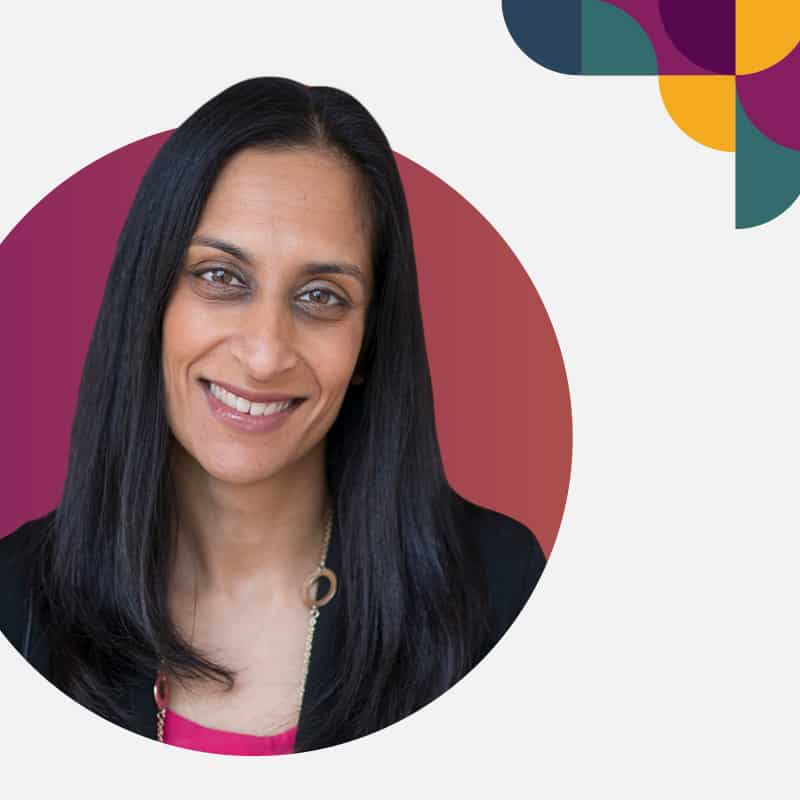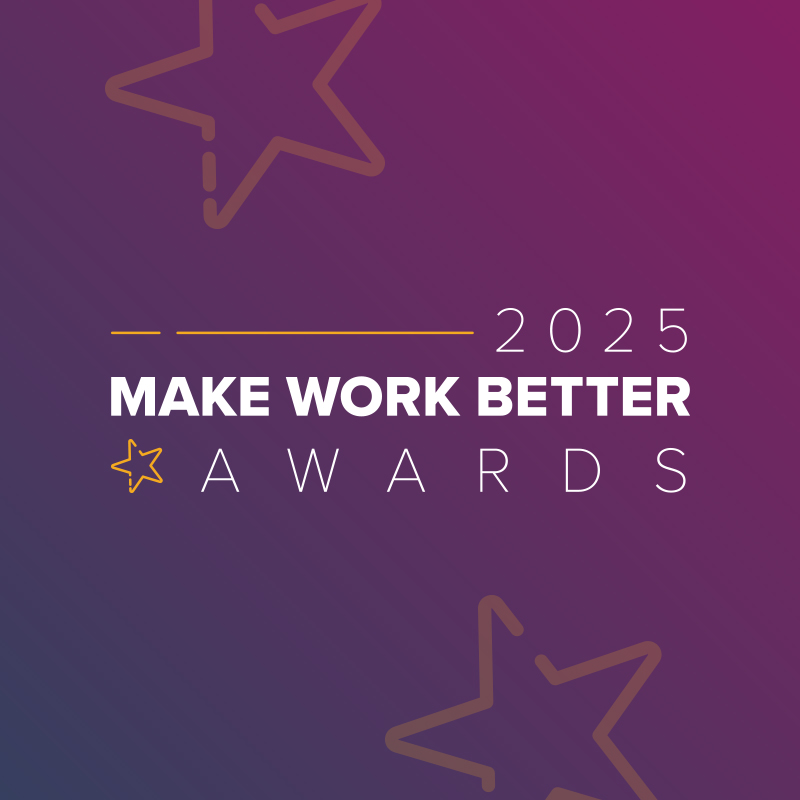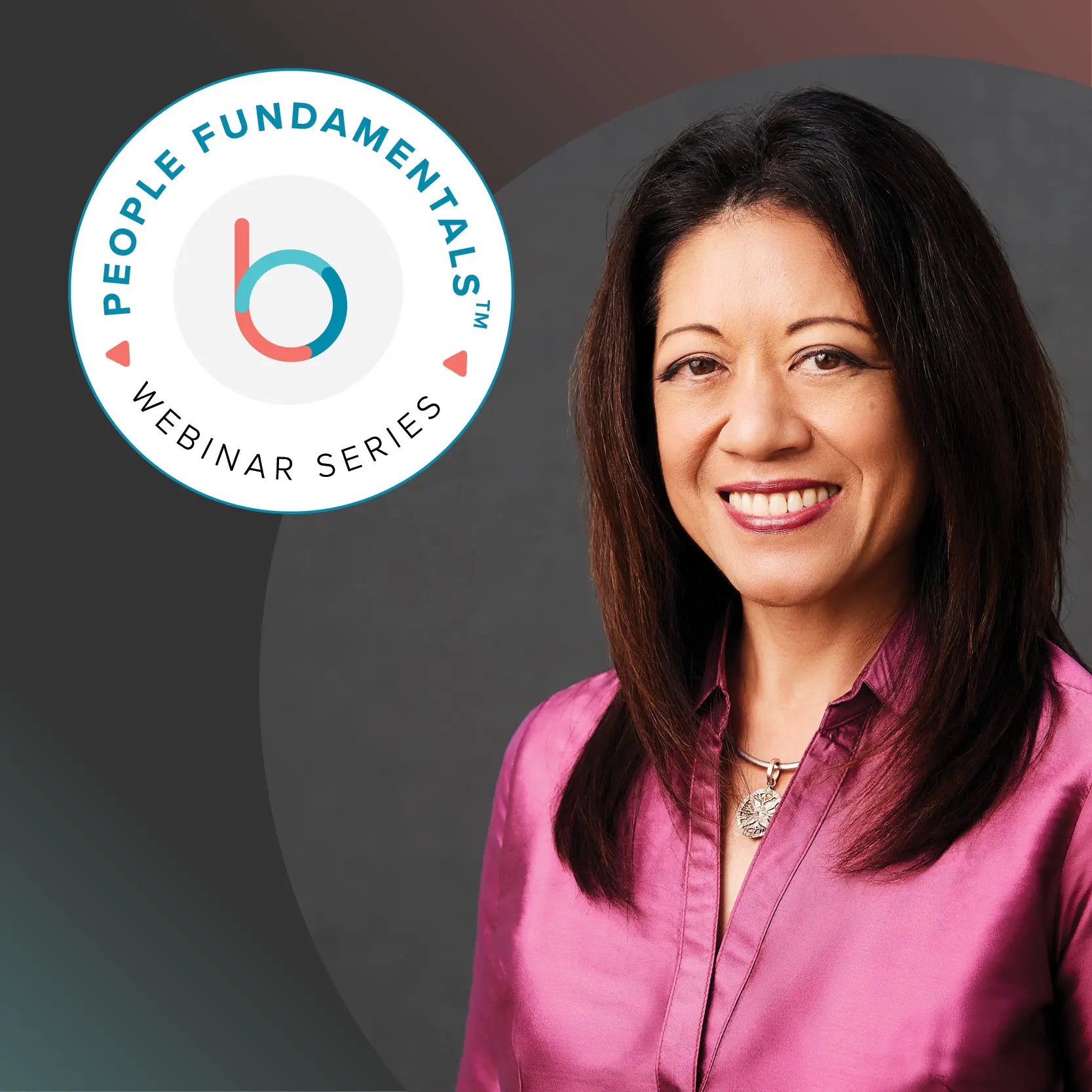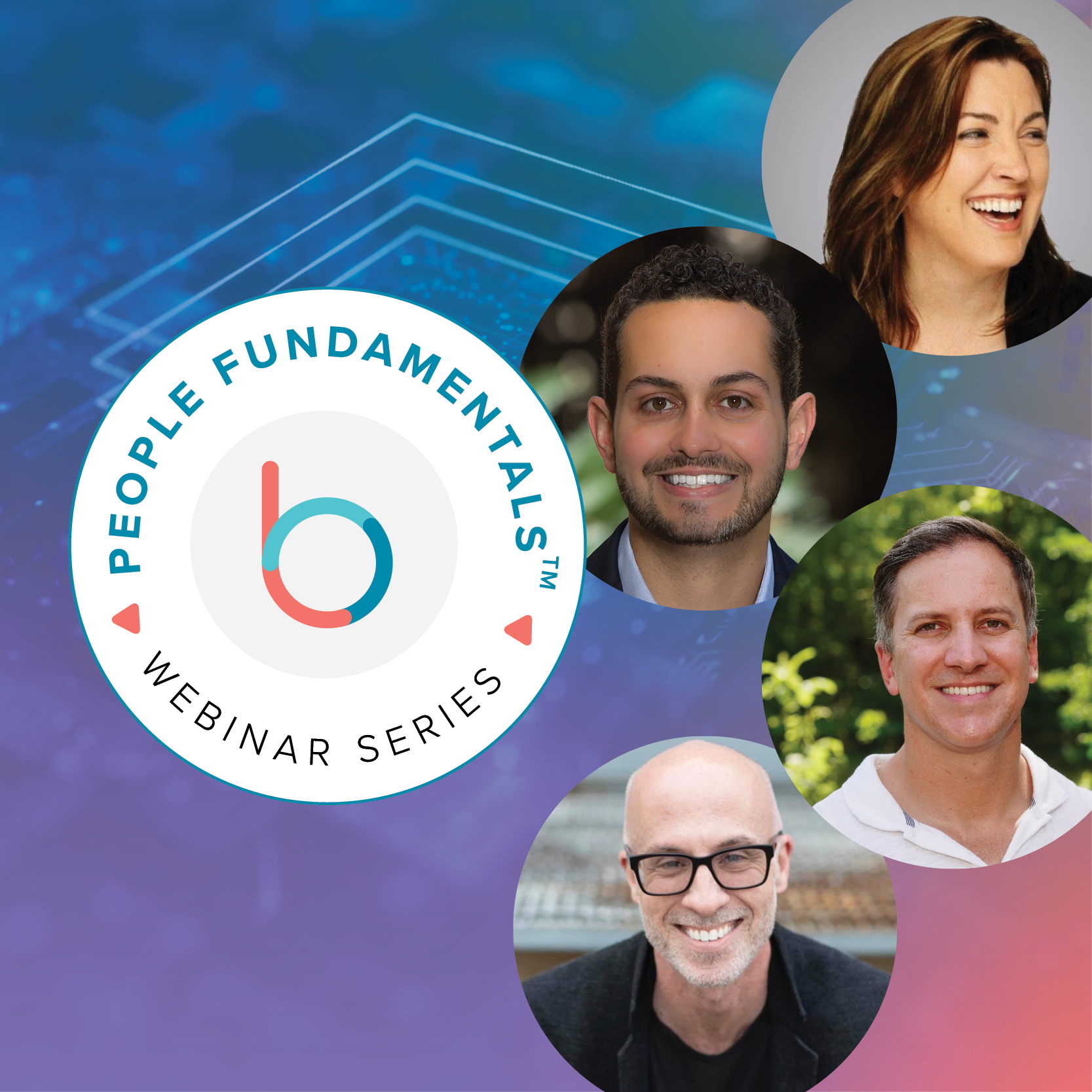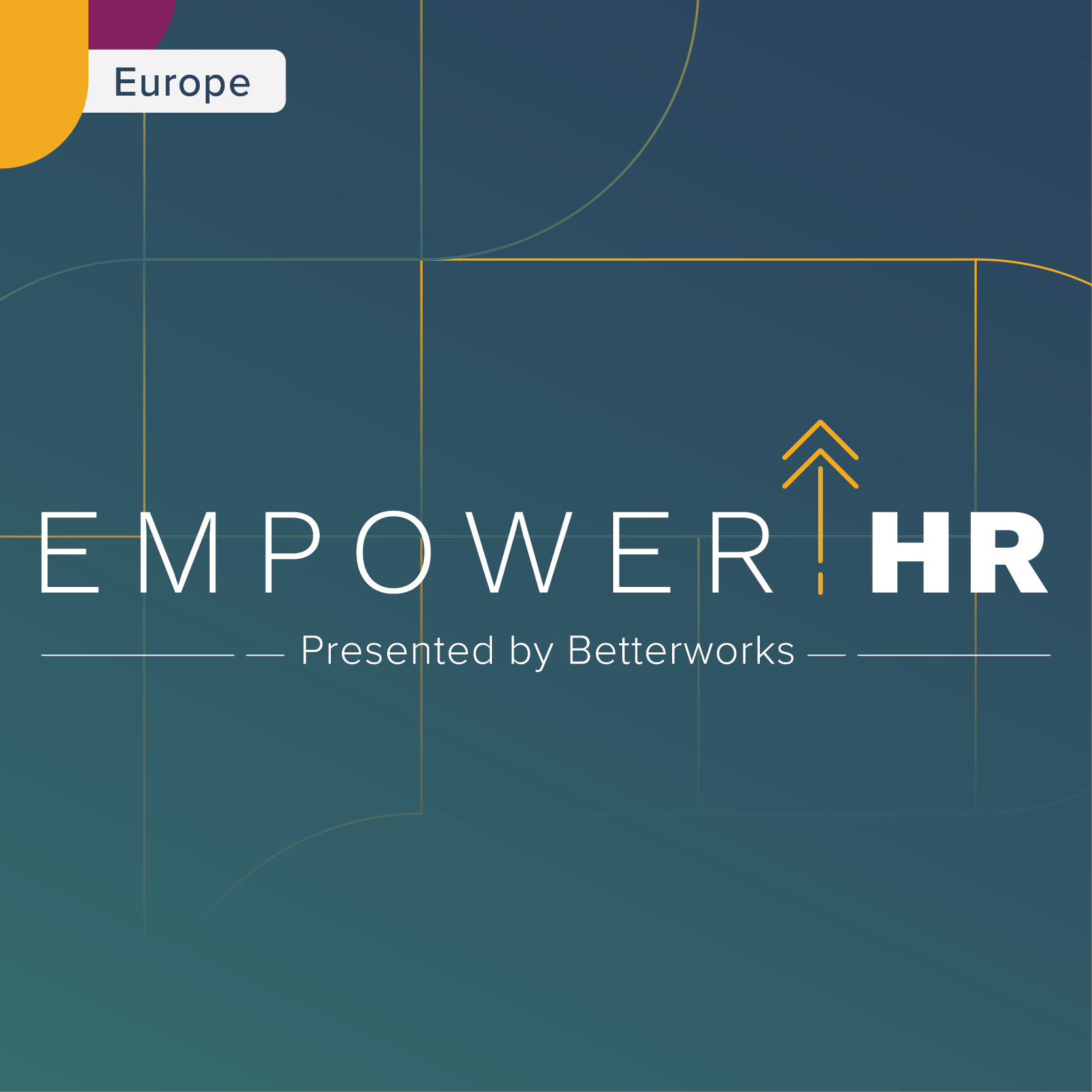Traditional performance management isn’t working, especially for employees. That’s why Betterworks’ Doug Dennerline and Jamie Aitken wrote their upcoming book, Make Work Better, to introduce a performance enablement model that delivers value to every stakeholder — including employees.
At our EmpowerHR virtual event, Dennerline and Aitken welcomed Humera Shahid, Intuit’s chief diversity, equity, and inclusion officer and vice president of talent development, to share her team’s experience with adopting a performance enablement model. “We really listen to our customer — and our customer is the employee,” Shahid said. By taking an “employee-centric view, then we’re able to put things in place that actually matter.”
Check out highlights from the conversation to learn more about Intuit’s performance enablement journey and how to get started at your organization.
“This is a time where we can now talk about company and individual performance together, and so we took advantage of the business, and what our employees were saying, and went on this journey of performance enablement.”
Humera Shahid, Chief Diversity, Equity, and Inclusion Officer and VP of Talent Development, Intuit
Driving performance in an evolving world
The workplace is evolving faster than ever, but traditional performance management is historically slow-moving. This outdated approach is holding employees back from reaching their full potential.
“The pace of change in technology, as well as in other industries, is so fast,” Shahid said. Reviewing performance only once a year “doesn’t fully reflect or appreciate everything that happens in this really fast-moving environment.”
Intuit is deeply familiar with adapting to change. The company is known for its software-as-a-service offerings but is becoming a platform company powered by artificial intelligence. To support this shift and empower broader, more integrated solutions, Intuit CEO Sasan Goodarzi wants to see more people working across functions.
“We want to have shared goals now because we have to … and we want transparency around that and to build that shared accountability,” Shahid said. Her team heard from Intuit employees who wanted more performance feedback so they could achieve better outcomes during this transformation moment.
“This is a time where we can now talk about company and individual performance together,” Shahid said, “and so we took advantage of the business, and what our employees were saying, and went on this journey of performance enablement.”
Maximizing potential through frequent conversations
As an HR leader, Shahid sees her role as helping everyone in the organization achieve more than they believed was possible. She believes in the frequent conversation model for helping employees learn how to accomplish their goals more effectively. “That idea of just constant ongoing dialogue around performance was really what we wanted to hone into and emphasize,” she said.
Shahid and her team implemented monthly check-in conversations to help managers and team members align on expectations, dynamically adjust goals, and focus on development. Twice per year, those monthly check-ins focus on career aspirations.
Those ongoing conversations are the key to Intuit’s success, Shahid said. The format “put out the fear of having performance conversations and just made it for how we operate.”
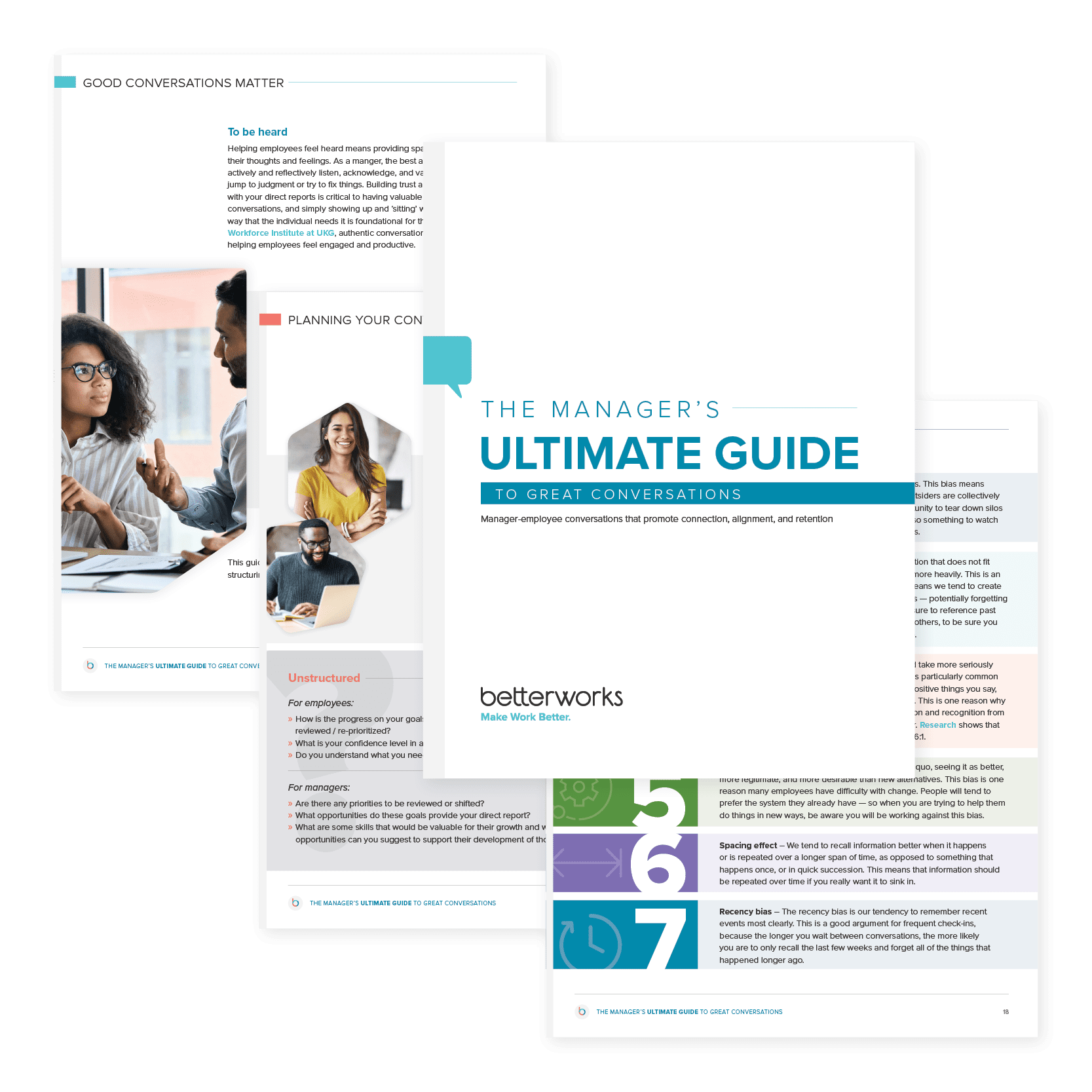
Great managers know how to have great conversations with employees. Find out more.
Building an ongoing dialog about performance helps people become better performers faster — and is a hallmark of performance enablement. “Frequency builds competency,” Aitken said. High-frequency dialog can be awkward at first for managers and employees, but over time, “they build that muscle and certainly lose the fear associated with it,” Aitken continued.
Intuit still evaluates employees with formal ratings, but this feedback model ensures that the monthly meetings give employees regular opportunities to participate in and shape that rating.

Powering change with a shared focus
Shifting from an annual review to a frequent-conversation model requires change management and leadership buy-in.
If you don’t get enthusiastic reactions right away, don’t worry: Every change comes with some degree of uncertainty. Dennerline notes that many people won’t recognize the value until “three or four quarters of going through this different way.” The repetition, over time, builds rapport and trust so employees can get what they need from these conversations.
Effective change management and communication are essential for helping leaders, managers, and employees understand why you’re shifting to a performance enablement model, Aitken said. Regularly reinforce the benefits of ongoing performance conversations, and celebrate small victories along the way.
“Effective change management and communication are essential for helping leaders, managers, and employees understand why you’re shifting to a performance enablement model.”Jamie Aitken, VP of HT Transformation, Betterworks
Since implementing a performance enablement model, Intuit has seen a high rate of adoption for goal-setting. The company credits this uptake to the frequency of meetings, an emphasis on the benefits of ongoing conversations, and the visibility of leaders who prioritize goal-setting and progress. “This is something that [employees] think is important,” Shahid said, “and it’s also expected — and it’s also a role-modeled from the top.”

